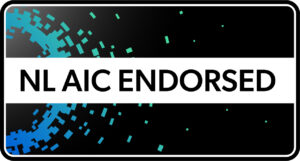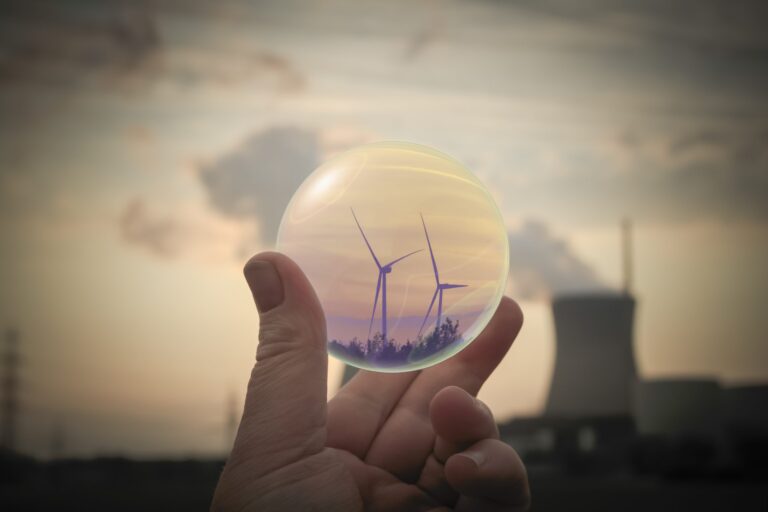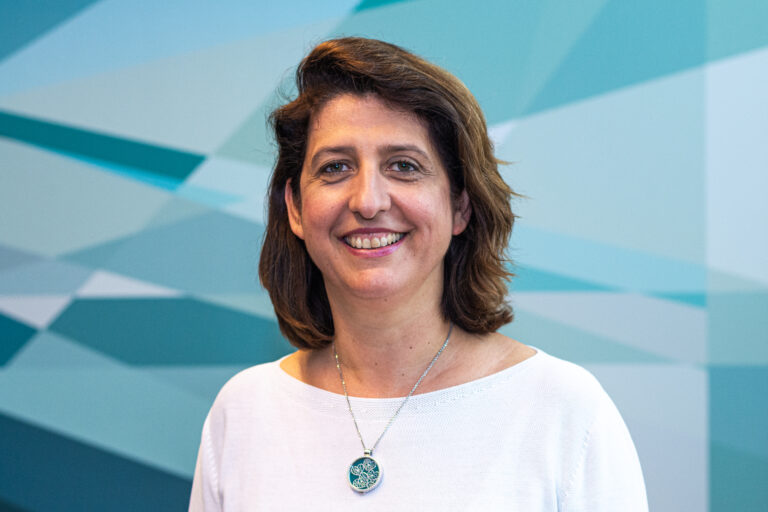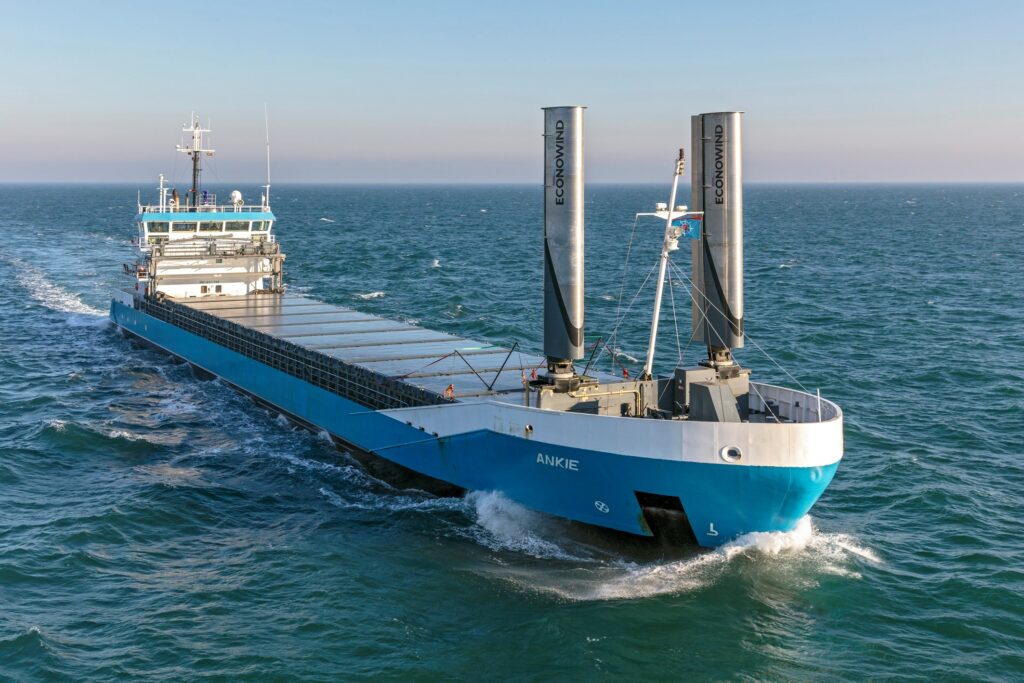It is important to make sure that AI genuinely helps create an effective and equitable energy system. That requires AI solutions that meet all the legal requirements, are based on ethical principles and benefit everyone in society.
What social challenges in AI are being worked on?
The energy transition will have to make the Netherlands virtually energy-neutral by 2050. By 2030, the Netherlands’ greenhouse gas emissions must have been cut by 49 per cent. That is the target. Given global warming and its consequences, the stakes are high. An incredible amount still needs to be done in the meantime if the climate targets are to be achieved. It is a task that demands major changes in how we as a society deal with energy. It is not merely about how the Netherlands itself generates energy, but also about where the remainder of the energy comes from. That means not just what kind of energy is used but also where exactly where energy is consumed and saved.
This requires modifications both to the energy system and to our behaviour and energy consumption patterns. AI technology can help achieve the desired changes in both domains. In fact, we can be blunter than that: to achieve a sustainable energy system in the desired timeframe, using AI is a necessity. But what does that mean, socially? What are the legal requirements? And is everything done fairly and justly (i.e. ethically)? These are all subjects that the ELSA Lab is working on. This lab focuses on AI systems that help accelerate the energy transition, especially its social aspects.
What types of solutions are offered to the end user?
Practical solutions that help clients and developers create AI applications that assist in an energy system that is not only sustainable but also fair, ethical and reliable. Initially, these will be relatively small projects that focus on specific issues. The understandings acquired by the ELSA Lab from this practical experience are then the cornerstones for recommendations and guidelines that play a role in creating AI systems that not only help to accelerate the energy transition but also make sure that AI solutions are used carefully.
What AI methods or techniques are used in the research?
The ELSA Lab uses methods that add value to human-centric AI, such as data-driven optimisation, agent-based simulation and mechanism design. Moreover, understandings from the social sciences about applying AI are embedded.
Are we collaborating with other sectors?
Good and reliable energy supplies are essential for a wide range of sectors. On top of that, every sector has its own focal points for utilising AI for energy-related issues, such as cybersecurity to protect the energy supply from cyberattacks: it is essential to cooperate well in that arena. Various combinations can be put together this way and collaborations can be found with different sectors or sub-sectors.
What is the ultimate success this ELSA Lab can achieve?
When the ELSA Lab has achieved enough to make itself redundant. This will be the case if all the players in the energy sector use AI applications appropriately and also automatically set up their AI systems to be ethical, paying a great deal of attention to the social aspects so that AI applications help create an energy supply that is both fair and reliable.
Awarded the NL AIC Label
 The NL AIC has developed the NL AIC Label to underline its vision for the development and application of AI in the Netherlands. The label formally recognises an activity that is in line with the aims and strategic goals of the NL AIC and/or the quality of that activity. The NL AIC would like to offer its warmest congratulations to the ELSA Lab for Citizens and Society in the Energy Transition!
The NL AIC has developed the NL AIC Label to underline its vision for the development and application of AI in the Netherlands. The label formally recognises an activity that is in line with the aims and strategic goals of the NL AIC and/or the quality of that activity. The NL AIC would like to offer its warmest congratulations to the ELSA Lab for Citizens and Society in the Energy Transition!
More information?
Please contact Neil Yorke-Smith, associate professor at Delft University of Technology, if you would like more information about this ELSA Lab or visit the website of this ELSA Lab. If you would like more information about human-centric AI and the ELSA concept, please go to this page.






